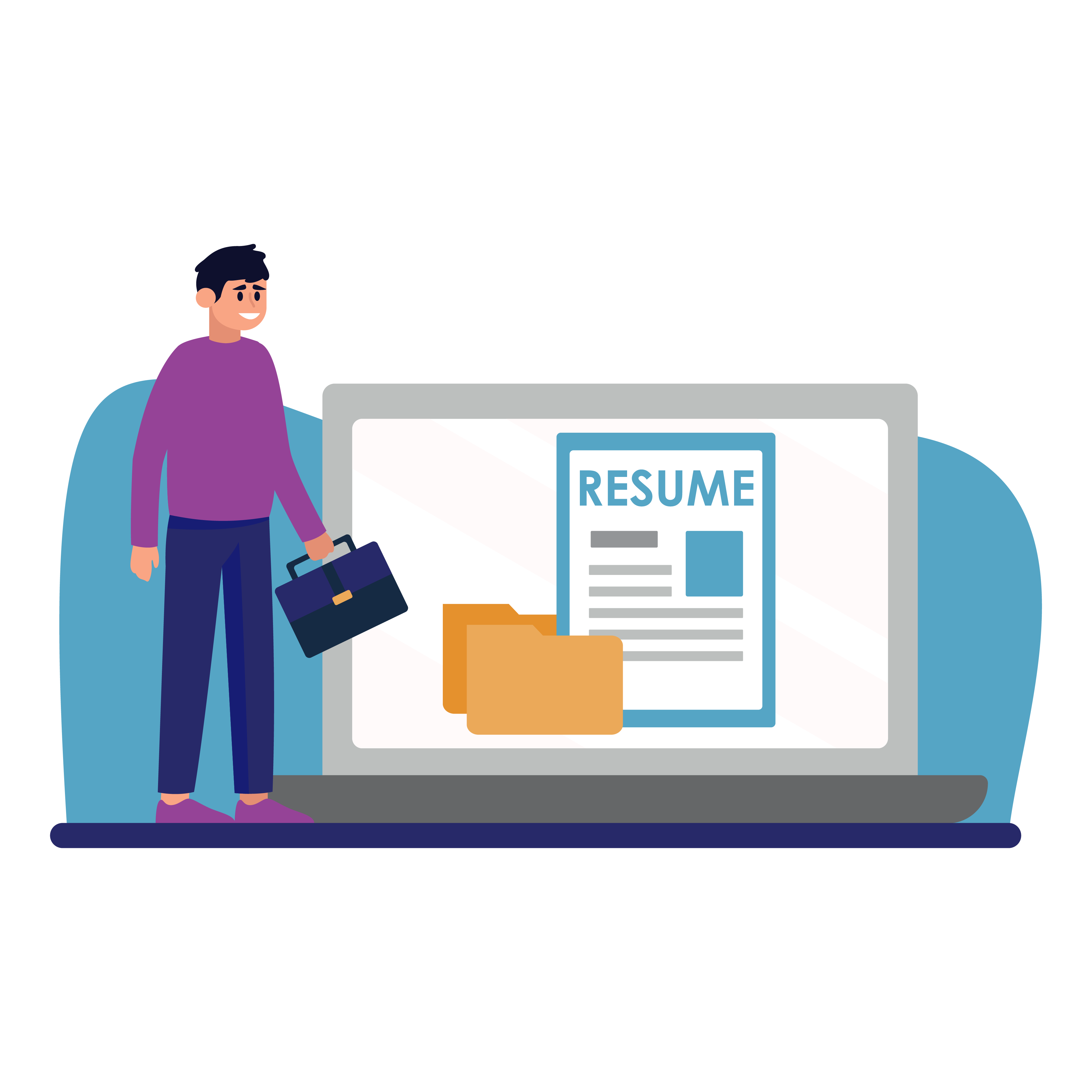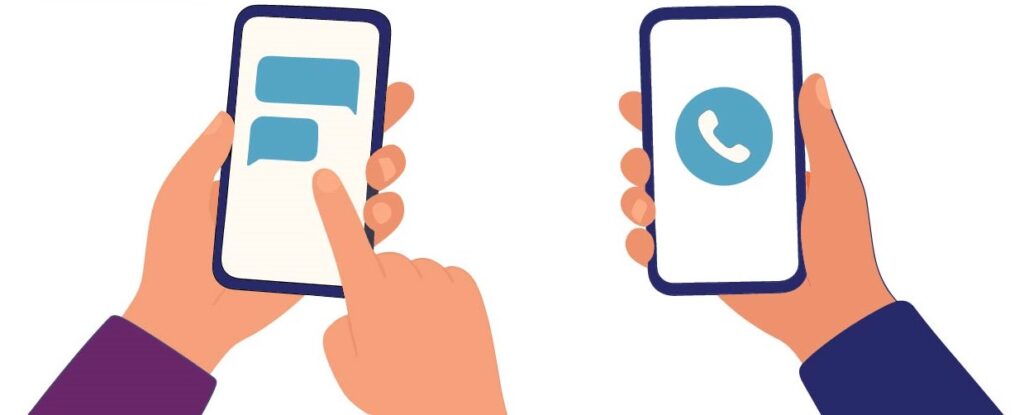If you’re actively job searching or even just open to new opportunities, chances are you’ll connect with a recruiter at some point. These interactions can be transformative for your career, fall completely flat or land somewhere in between. The difference often comes down to how you approach the relationship.
There are many ways you may initially cross paths with a recruiter. Perhaps you are actively looking for a new position and contact external recruiters to broaden your reach. Or, you may apply to a job posting and have a recruiter respond as a first step in the process. In other cases, recruiters may be working to fill open roles and reach out directly to gauge your interest and potential fit.
While the catalysts and types of relationships vary, recruiters have the ability to help you identify and access your dream role, while also guiding you throughout the interview process. In an ideal partnership, they have the right connections, market insights and industry relationships. You have the skills and experience a company is looking for. When both sides bring their best, everyone wins.

Come prepared.
Your first conversation with a recruiter sets the tone for your relationship, so proper preparation is key for making the most of your time. Update your resume prior to your first call so the recruiter has accurate information and can easily pass it along (a Word doc or PDF format is your best bet for readability across various devices.) Prepare to discuss what you're looking for in your next role, including expectations around compensation, travel, in-office work and relocation. Have your notes and a copy of your resume in front of you to help guide the conversation.
Do your homework by researching the company (when possible), reviewing the job requirements, and thinking through how your experience aligns. Be ready to ask your own questions, too. This may include initial questions about the employer’s company culture, team dynamics, reporting structure, potential growth opportunities and what success looks like in the role. Think strategically about what you need to know to feel comfortable advancing in the process, while also providing information that can help the recruiter identify potential opportunities for you down the road.

Be honest and professional.
While it’s important to put your best foot forward, make sure you are also being transparent about gaps in your resume, career pivots or areas where you're still growing. If you have switched industries or have an unconventional background, focus on the transferable skills you’ve gained and what you’ve learned, drawing a connection to how this has prepared you for your next step. If a recruiter thinks you are right for a role, they can help you navigate these areas with hiring managers and prevent surprises later.
Avoid going on tangents, taking over the call or talking negatively about past employers and colleagues. While you may be discussing experiences and hard skills, your soft skills and professional presence are also being reflected. Let the recruiter lead the conversation and aim to answer questions thoroughly, but succinctly. If you are no longer interested in a role after learning more, tell the recruiter rather than continuing to move through the process.
Be courteous in your communication.
It’s important to be respectful and cognizant of the recruiter’s time (along with anyone else you encounter during the hiring process!) If a job posting shares a preferred method for applying, follow that process to help ensure your application is seen. If you are reaching out cold, email or LinkedIn are likely best, allowing the recruiter to respond on their own time. Once you have a call scheduled, be punctual be punctual to make the most of your time. Often recruiters have back-to-back meetings. If you are going to be late or something comes up, let them know and offer to reschedule.
Recruiters are typically working on several roles at a time and aiming to find quality candidates quickly. Respond promptly to messages and follow up requests. If you take days to respond, don’t be surprised if other candidates may have already moved ahead in the process. At the same time, look to your recruiter to guide the interview process and connect you with the hiring manager when appropriate. That said, limit your communication to business hours - texting your recruiter at 10 p.m. doesn’t demonstrate enthusiasm, it shows poor respect for boundaries.
Stay in touch.
Even if a specific opportunity doesn’t work out, establishing a relationship can help you build your professional network and even open doors later. If you’ve made a positive impression and effectively communicated your capabilities and career goals, it’s likely you’ll be considered as future opportunities arise. In some cases, recruiters may seek out your perspective as an industry thought leader or even ask you to recommend others who may be right for a position they’re filling. Keep the lines of communication open and check in periodically to continue building a two-way relationship.
By coming prepared, remaining authentic and respecting the process, you’ll be best equipped to make the most of your experience with a recruiter. For more insight on navigating your career journey and making a lasting impression, view our blogs on building your personal brand and taking charge of your professional development.